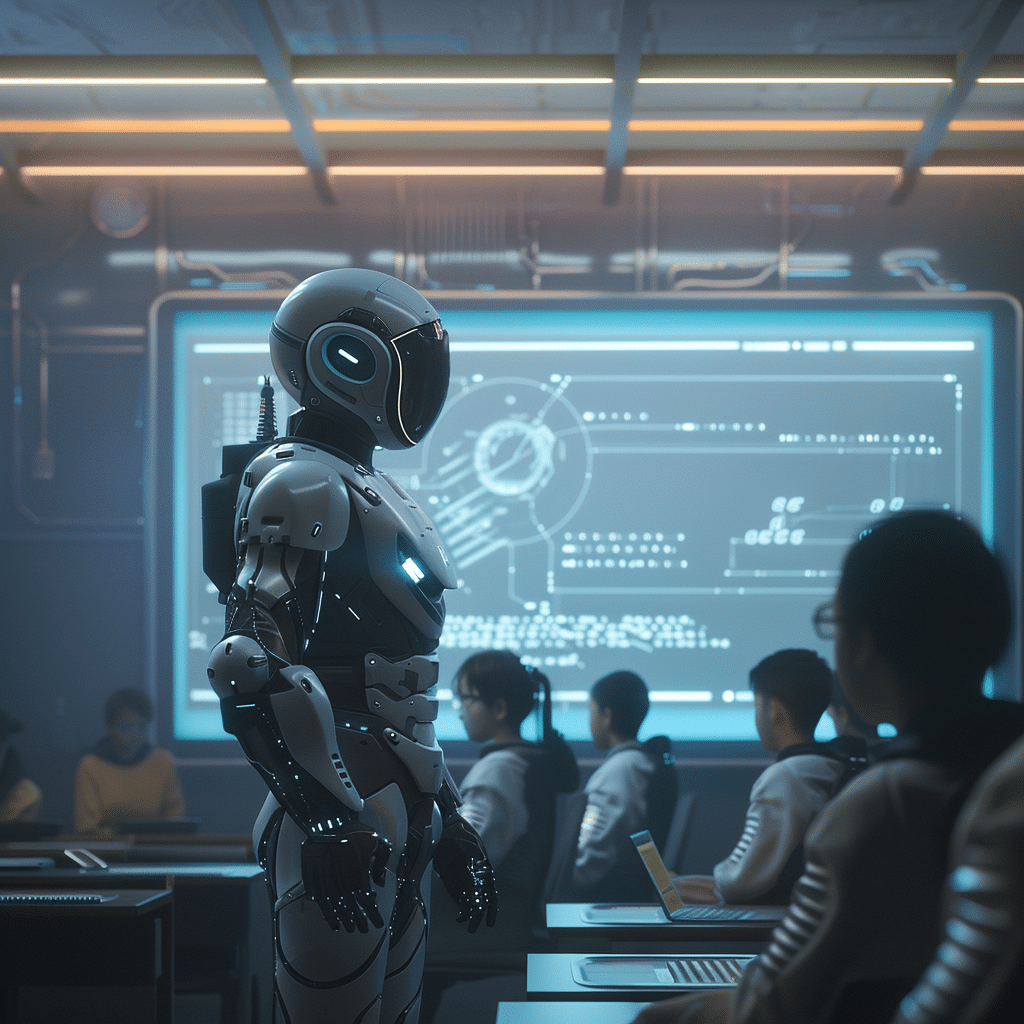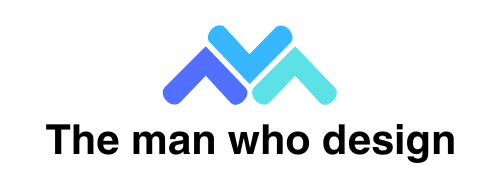How to Create a Personalized Learning Environment with AI Tutors?

In a digitally-driven world, the adoption of Artificial Intelligence (AI) in education is transforming the learning landscape. Tailored learning experiences, adaptive content, and tools have ushered in a new era of personalized education. This guide will walk you through the process of creating a personalized learning environment using AI tutors. It will delve into the world of AI-based educational systems, picking apart the benefits they offer to students and educators alike. We will also explore their potential for individual development while nurturing an effective learning ecosystem.
Understanding Personalized Learning in Education
Before diving into the nuts and bolts of creating a personalized learning environment with AI tutors, it is crucial to understand what personalized learning entails. Personalized education is a fresh approach to teaching and learning that aims to tailor education to meet the distinct needs of individual students. It seeks to incorporate students’ interests, aspirations, and cultural backgrounds into their learning experiences. By doing so, it fosters student engagement, enhances the learning experience, and improves educational outcomes.
Sujet a lire : What Are the Challenges of Implementing AI in UK’s Public Service Sector?
AI plays a pivotal role in personalized learning. It uses data from students’ learning experiences to adapt educational content and tools to each student’s unique needs. This ability to adapt makes AI an invaluable asset in education. It provides a custom-made learning experience that traditional, one-size-fits-all methods of teaching simply cannot achieve.
Harnessing the Power of AI Tutors
AI tutors, also known as Intelligent Tutoring Systems (ITS), are AI-based tools designed to provide personalized tutoring to students. Through analyzing the individual’s data, these systems can adapt the material taught and provide feedback that aligns with the student’s learning style, pace, and preferences.
A voir aussi : What Are the Latest Developments in Gene Editing and Its Ethical Implications?
AI tutors can support a wide spectrum of subjects, from mathematics, science, and language courses to professional development programs. They offer real-time feedback, track progress, identify strengths and areas of improvement, and adjust the learning path accordingly. With AI tutors, students get a personal tutor at their fingertips, available around the clock and tailored for their individual needs.
The Building Blocks of AI-Based Education
Creating a personalized learning environment with AI tutors revolves around a few key elements. These include collecting and analyzing student data, developing adaptive educational content, and integrating AI-based tools into the learning process.
To start with, student data forms the foundation of AI tutors. The ITS collects data from students’ interactions, which can include their answers to questions, time spent on tasks, and click patterns. It then analyzes this data to understand the student’s learning habits, strengths, weaknesses, and preferences.
Once the ITS has a clear picture of the student’s learning profile, it can create adaptive content. This adaptive content can range from personalized exercises and quizzes to tailored learning paths and resources. The goal is to present the student with educational content that is most likely to help them learn effectively.
Finally, AI-based tools are integrated into the learning process. These tools can include AI tutors, adaptive learning platforms, and other AI-based education technologies. These tools support personalized learning by providing real-time feedback, adapting content based on students’ performance, and offering tutoring support.
The Role of Educators in Personalized Learning
While AI tutors play a crucial role in personalized learning, educators are equally important. Teachers can leverage the data and insights provided by AI tutors to better understand their students and tailor their instruction accordingly. They can use the feedback from the AI tutor to identify areas where students are struggling, and adapt their teaching strategies to address these challenges.
Furthermore, teachers can also use AI tutors to supplement their instruction. They can assign AI tutor sessions as homework, or use AI tutors to provide additional support for students who need it. In this way, teachers can ensure that all students receive the personalized attention and support they need to succeed.
Transitioning to a Personalized Learning Environment
Transitioning to an AI-based personalized learning environment requires a comprehensive approach. It involves setting clear goals, training teachers, investing in the right technology, and monitoring progress.
Firstly, schools need to set clear, achievable goals for personalized learning. Whether it’s improving student engagement, boosting test scores, or reducing dropout rates, having a clear goal can guide the path to personalization.
Training teachers on how to use AI tutors and integrate them into their teaching is also vital. Teachers need to understand how the AI tutor works, how to interpret the data it provides, and how to use it to enhance their instruction.
Finally, monitoring progress is key. Schools should regularly evaluate the effectiveness of their AI tutors and make adjustments as needed. This can involve collecting feedback from students and teachers, analyzing student performance data, and tweaking the AI tutor to better meet students’ needs.
In a nutshell, creating a personalized learning environment with AI tutors is a journey. It involves blending the power of AI with the expertise of educators to create an enriching, personalized learning experience for every student. With thoughtful planning and implementation, schools can harness the power of AI tutors to transform education and empower students to reach their full potential.
The Impact of AI Tutors on the Future of Education
As we delve further into the digital age, the use of Artificial Intelligence and machine learning in the educational sphere will continue to evolve and shape the future of learning. The implementation of AI tutors is just the beginning of a transformative journey towards personalized learning.
AI tutors can significantly enhance the learning experience by providing adaptive content tailor-made to suit the individual’s needs. They can cater to different learning styles, identify strengths and weaknesses, and adapt the learning paths accordingly. This ability to adjust and personalize the content is what sets AI tutors apart from traditional teaching methods.
Moreover, AI tutors can provide real-time feedback and adapt the teaching pace according to the student’s progress. This means students can learn at their own pace, without feeling pressured to keep up with others. Such an environment can foster a love for learning and boost student engagement, resulting in improved educational outcomes.
In addition, AI tutors can support a vast array of subjects, providing flexibility and diversity in the learning process. They can also function 24/7, providing students with the necessary support whenever they need it, thereby embodying a truly data-driven and personalized learning approach.
Conclusion: Embracing the AI Era in Education
Artificial Intelligence and machine learning are revolutionizing the educational landscape, offering a fresh, modern approach to teaching and learning. The advent of AI tutors marks the onset of a new era in education, one that embraces technology and innovation.
Creating a personalized learning environment with AI tutors is not an overnight process. It requires careful planning, continuous assessment, and a willingness to adapt. But the benefits are immense. From improved student engagement and performance to increased efficiency and effectiveness in teaching, the rewards of adopting AI tutors are significant.
Above all, the use of AI tutors reinforces the notion that every student is unique, with distinct learning needs and preferences. They underscore the importance of personalizing education, of moving away from the one-size-fits-all approach and towards a more flexible, adaptive one. And in doing so, they pave the way for a more inclusive, equitable, and effective learning environment.
In conclusion, as we stand on the brink of a new era in education, it is clear that AI tutors hold immense potential. They represent a critical step forward in the pursuit of personalized learning, promising to revolutionize the learning experience and transform the future of education. Change is inevitable and the future of learning with AI tutors is a bright one, full of endless possibilities.
